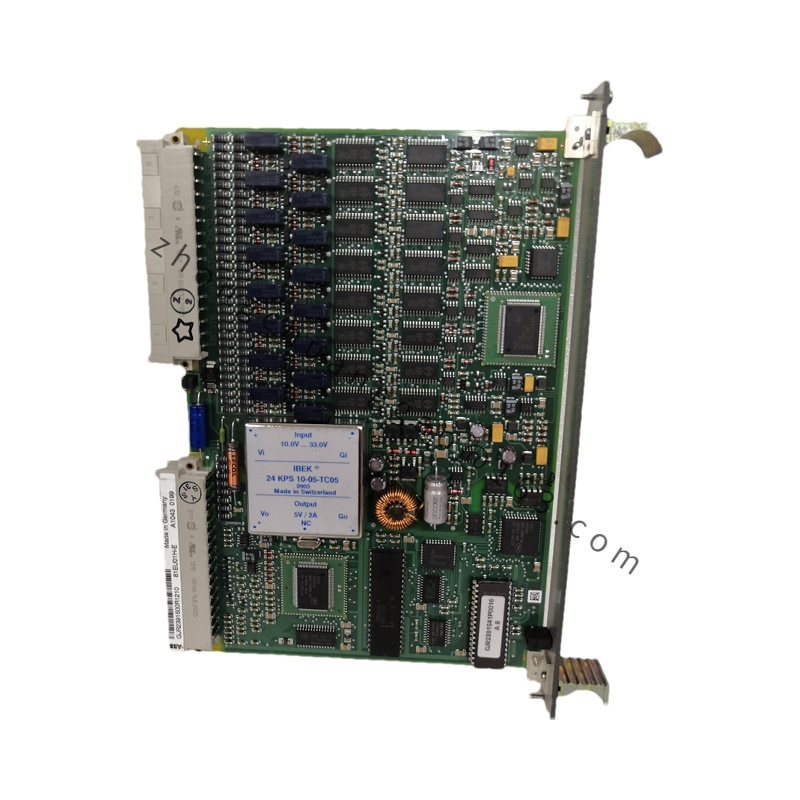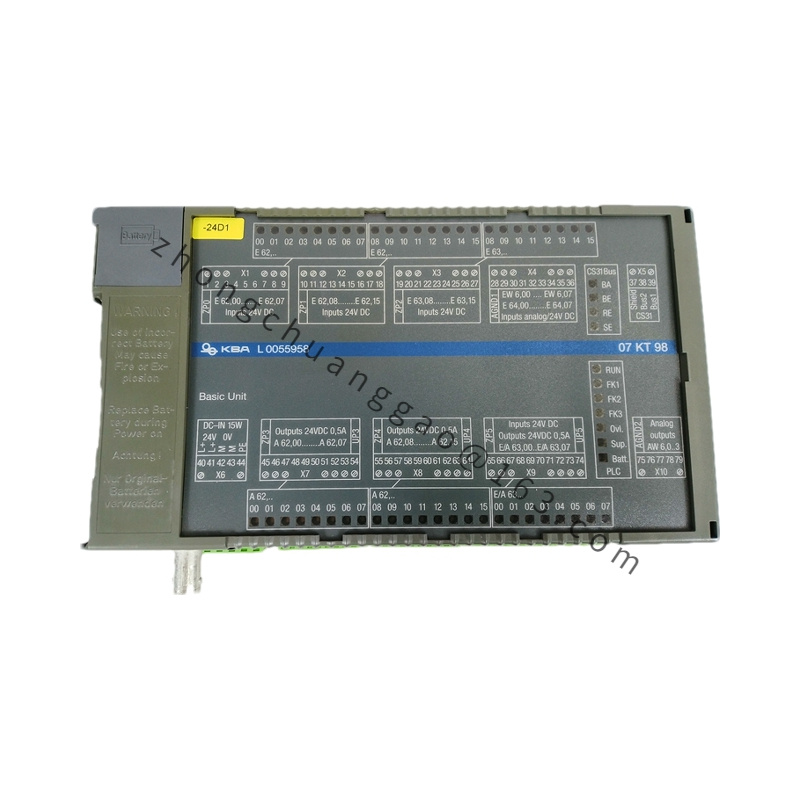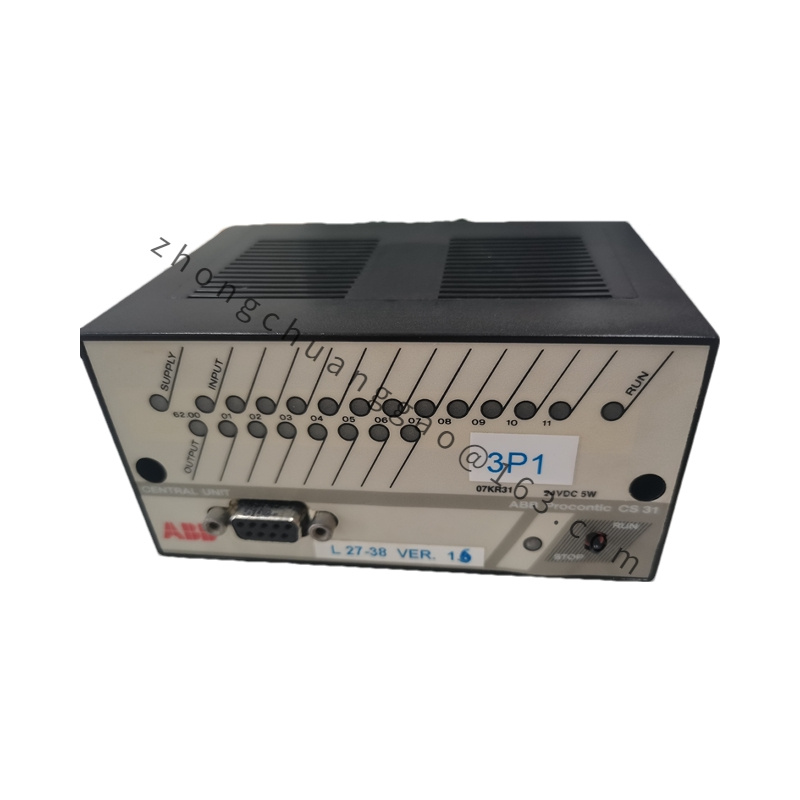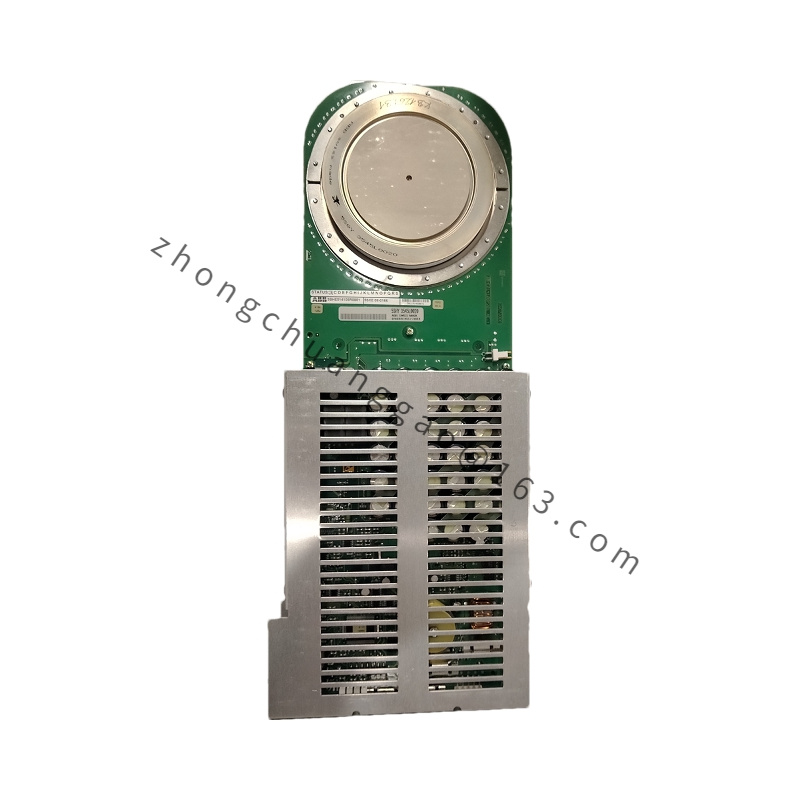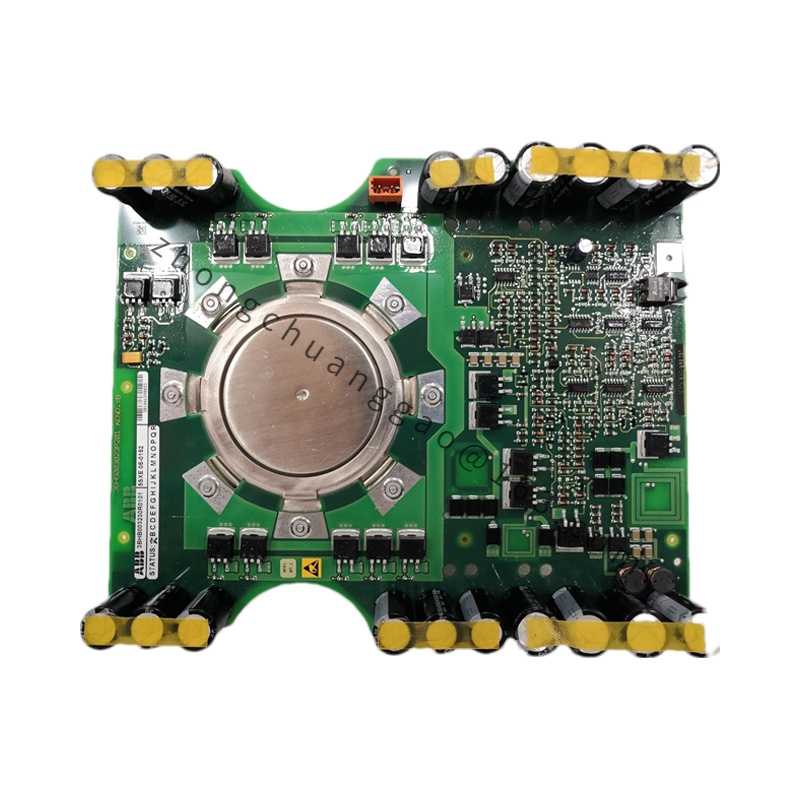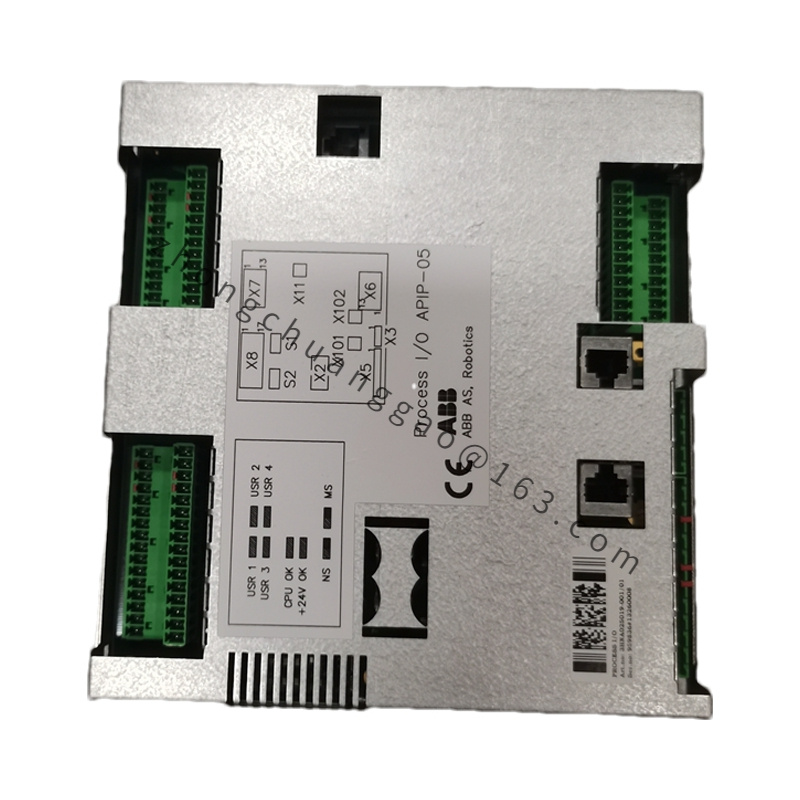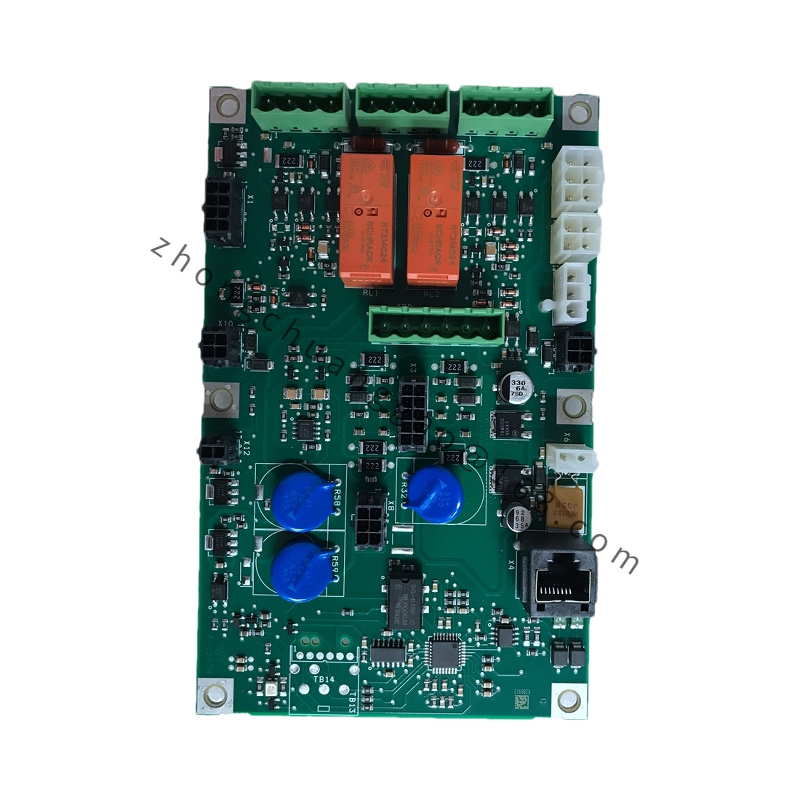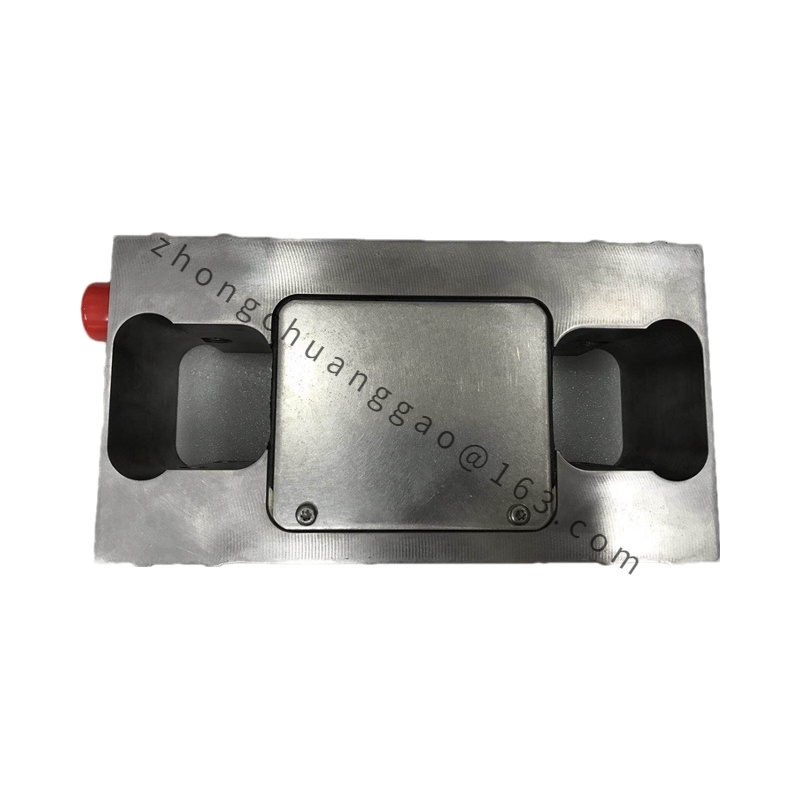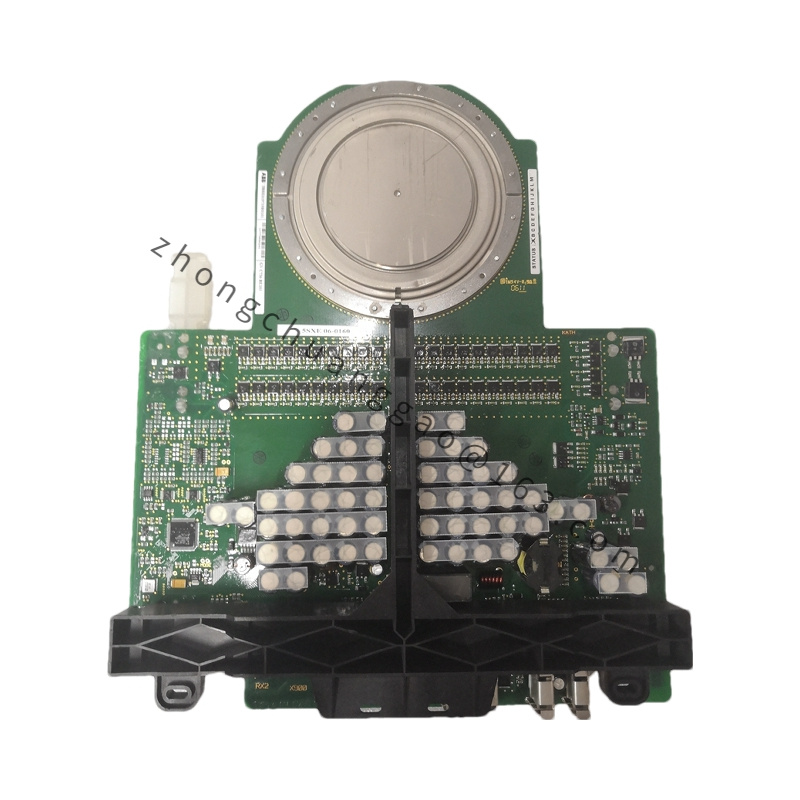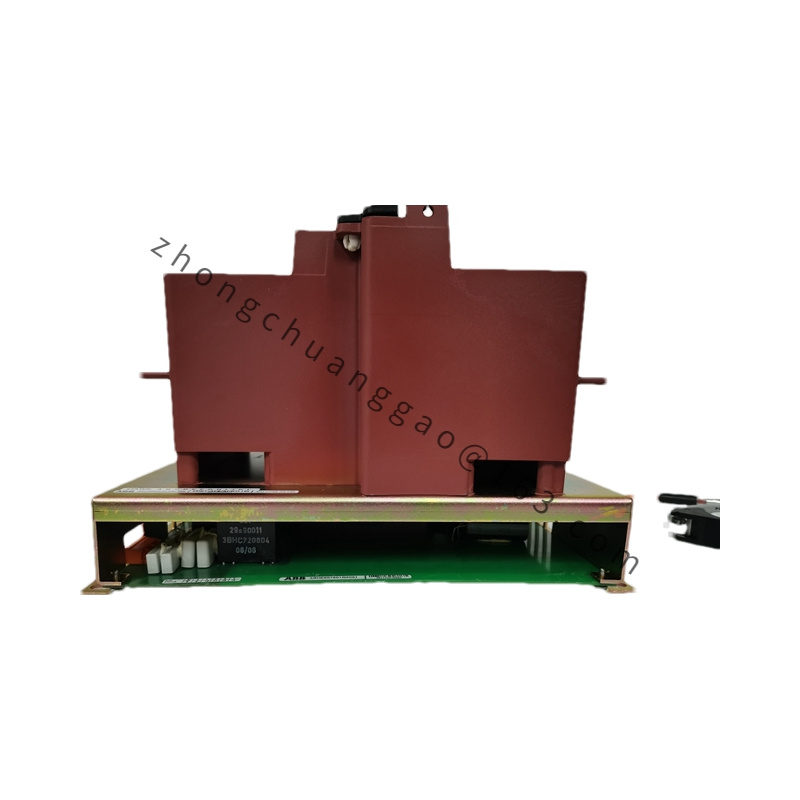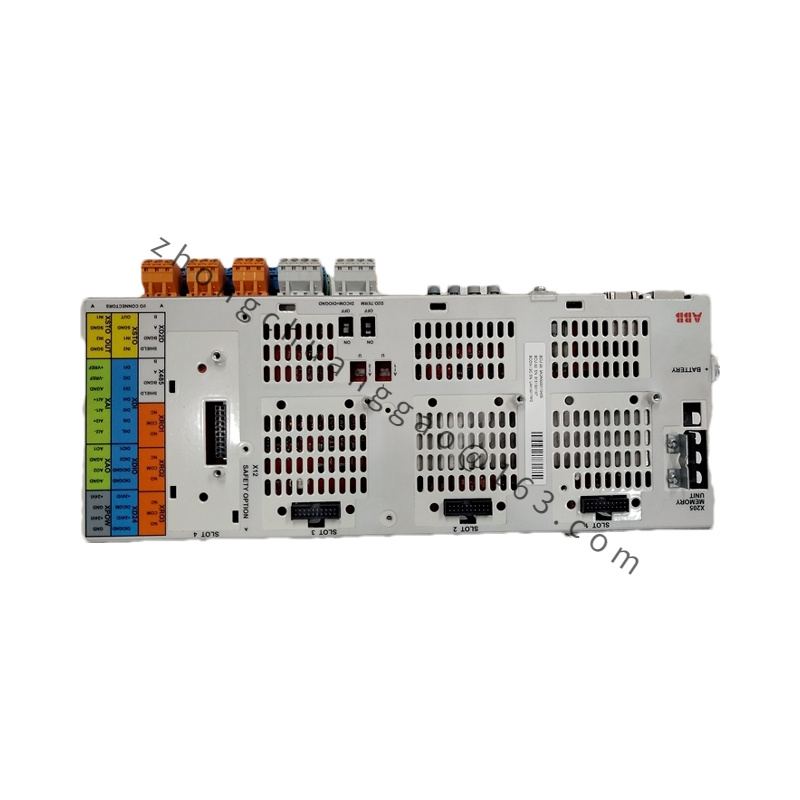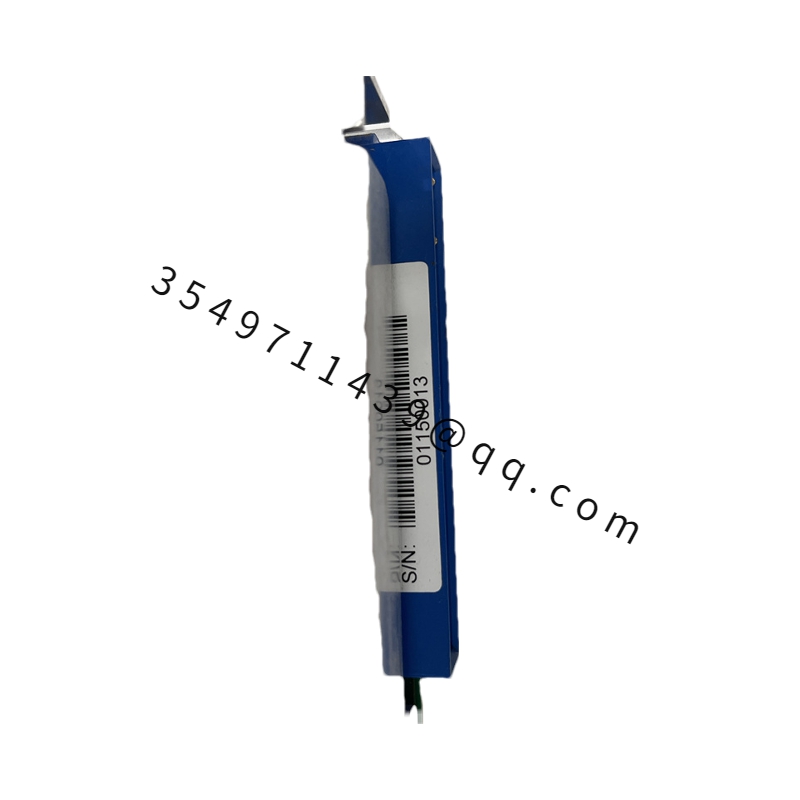ABB 110TAS.580.0540G00
technical specifications
Brand and Model: ABB TAS.580.0540G00
Processor: Adopting advanced processor technology, it has high-performance data processing and computing capabilities.
Storage capacity: The specific storage capacity may vary depending on the product configuration, but it is usually sufficient to store control algorithms, programs, and data.
Detailed content
Interface:
Serial port: Multiple RS-232 serial ports used for serial communication.
Ethernet port: Supports network communication and has a built-in 10/100Mb/s Ethernet controller.
USB interface: Supports high-speed USB 2.0 interface for connecting external devices.
Other interfaces: may also include IDE interfaces, VGA interfaces, etc., depending on the product configuration.
Functional Features
High performance: Adopting advanced processor technology, it can meet the needs of various complex control tasks.
High reliability: Using high-quality materials and manufacturing processes, it has high reliability and stability, and can adapt to various harsh working environments.
Programmable Function: Supports programmable functions, allowing users to implement different control logic and algorithms through programming to meet different application needs.
Multiple interfaces: Provides multiple interfaces for convenient communication and control with external devices.
Easy to maintain and upgrade: supports remote monitoring and management, can be remotely debugged and maintained through the network, reducing the workload of on-site maintenance. Simultaneously supporting upgrades and extensions, facilitating functional expansion and upgrades.
Application scenarios
The ABB TAS.580.0540G00 CPU processor module is widely used in industrial automation and control systems, including but not limited to the following scenarios:
Manufacturing industry: used for automation control on production lines, such as robot control, assembly line control, etc.
Process industry: used for monitoring and controlling production processes in industries such as chemical, petroleum, and natural gas.
Energy industry: automation control for power generation, transmission, and distribution in the fields of electricity, wind energy, solar energy, and others.
Transportation: Used for traffic signal control, vehicle scheduling, etc. in industries such as railways, aviation, and ports.

.jpg)
.jpg)
.jpg)
